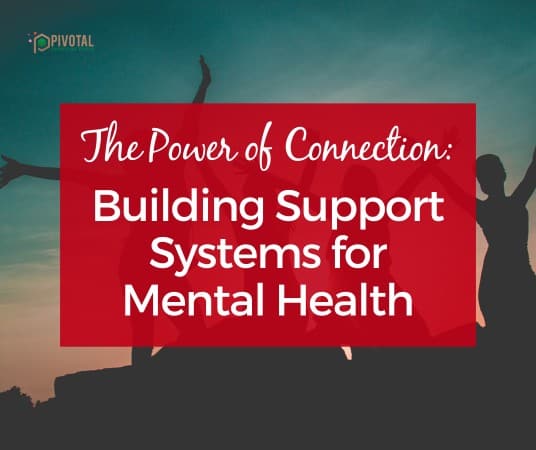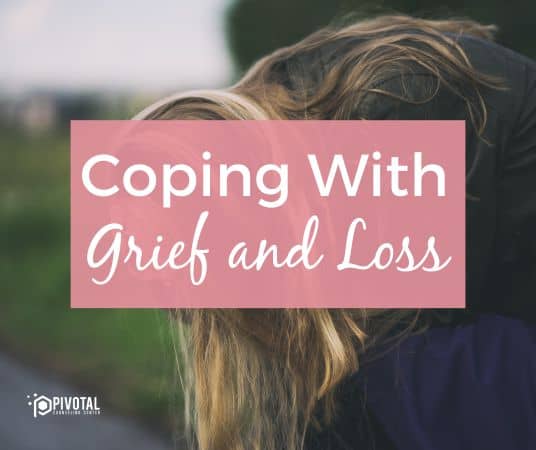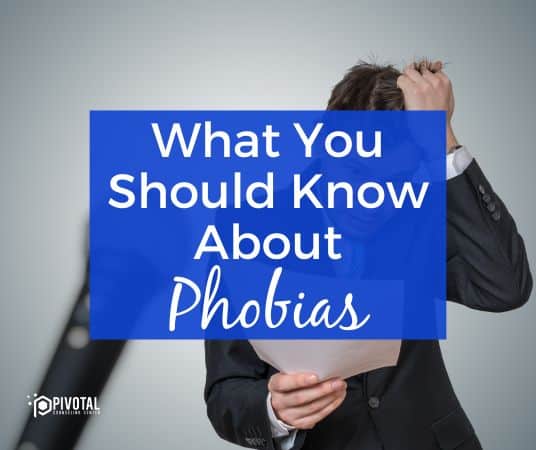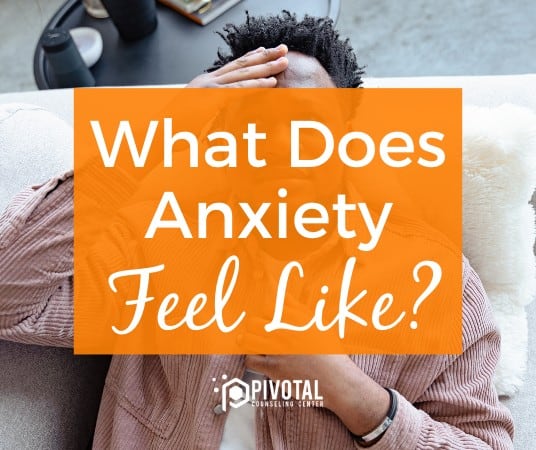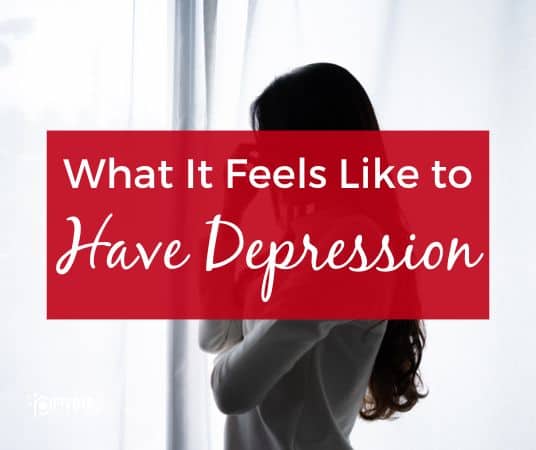
I recently went out with a friend who shared a story about her sister. My friend said, “She was acting all Bipolar! Well, you know what I mean.” Here is the list of things that came to my mind when she said that:
- You don’t “act” Bipolar. You either have Bipolar Disorder or you do not.
- I wish you actually knew someone with Bipolar Disorder because I do not think you would throw the word around so lightly.
- Why has “Bipolar” become the new word for moody or crabby?
What is Bipolar Disorder?
Bipolar Disorder is a very serious mental illness, that once diagnosed, is considered a long-term condition. Bipolar Disorder is a chemical imbalance in the brain that can benefit greatly from prescribed medications, talk therapy, and a good prevention plan. Bipolar Disorder is made up of two main experiences.Depression
Depression can be mild, moderate or severe. People who have experienced a moderate or severe episode of depression typically experience some or all of these: intense feelings of sadness, tearfulness, lack of motivation, sleep issues, concentration issues, weight gain or weight loss, a lack of pleasure in things that used to be pleasurable, thoughts of death or suicide. The duration of this depression is typically a few weeks to months.Mania
Mania is a term that we use to describe the “polar” opposite of depression. Symptoms of mania include: increased energy, impulsivity around making big life decisions about finances, careers, relationships, sexual partners, shopping, gambling, and drug and alcohol use. People will go with little sleep for days, talk very rapidly, experience a constant stream of thoughts that they cannot shut down, be highly distracted, and may act grandiose and have inflated self-esteem. People who are in a manic episode will become physically and mentally exhausted very quickly. The intensity of the experience can cause suicidal thinking and suicide attempts.Hypomania
Hypomania is a lesser version of mania. Some of the symptoms will be the same, but the person will usually be enjoying the surge of energy. This usually presents as rapid speech, high motivation to complete tasks and feeling like you can take on the world. All of the symptoms of mania could be present, but they are at a lesser intensity.Type I vs. Type II
Bipolar I includes people who experience a cycle of depression for weeks to months and then a manic episode for at least 1 week. Bipolar II are people who experience the depression and the hypomania, but never have a full blown manic episode.Why is it hard to diagnose?
Bipolar Disorder is difficult to diagnose because it often gets diagnosed as only depression. Unfortunately, it can take a few cycles of depression and hypomania/mania before a therapist or doctor can see the pattern. Making it even more difficult, is that people usually enjoy the hypomania and mania. It is a time where people focus on the positive feelings of being alive, energized and productive and they tend to look the other way when it comes to the negatives of hypomania or mania. This leads to people underreporting it to their healthcare providers. Diagnosing Bipolar Disorder is easier when a loved one can objectively report the ups and downs they have seen over time.Why is Bipolar Disorder hard to treat?
Bipolar Disorder is very responsive to medications. The problem is with medication compliance (a.k.a. taking your medications like you are supposed to). Why wouldn’t a person take their medications? The answer is that they miss the highs from the hypomania/mania. People get attached to the times when they feel that way and report feeling like the medications make them experience a dull life. Another reason medication compliance is difficult is due to some of the medications having side effects, especially when you first start taking them. It can be difficult to treat Bipolar Disorder because there is a high correlation with the use of alcohol and drugs. If a person has an underlying Bipolar Disorder diagnosis, they may use substances as a way to control the highs and lows. People report that if they got too manic, then they would drink or use some drugs that slow them down. If they got too depressed, then they use some drugs that speed them up. What can happen is the person ends up with an addiction problem and the Bipolar Diagnosis may or may not be recognized until later.How do you treat it then?
First thing is to get an accurate diagnosis and start medications. Traditional talk therapy is not as effective unless medications are onboard. It is best if a psychiatrist (a medical doctor specializing in mental health) is the one prescribing the medications because they understand this condition very well. A therapist will help the person by identifying their patterns, when they are at highest risk to go off their medications and help with setting up an accountability plan with the person and their loved ones. Addressing underlying reasons a person may experience depression will also be important.Is treatment successful?
Yes! It can be a real challenge in the beginning because their is a lot to digest for the person and their family. New medications, a therapist, acceptance, a prevention plan and family involvement are the first steps. Adherence to the plan is the long-term key to success. Many people do it and lead successful lives. Find the right help and work with people who understand Bipolar Disorder. The sooner you make a plan that works for you, the sooner you can begin enjoying a stable, well-balanced lifestyle.Pivotal Counseling Center has therapists who specialize in depression, anxiety, and other mood disorders. We have locations in Woodstock, Illinois, and Lake in the Hills, Illinois. If you are in need of someone to help, please consider giving us a call at (815) 345-3400.



